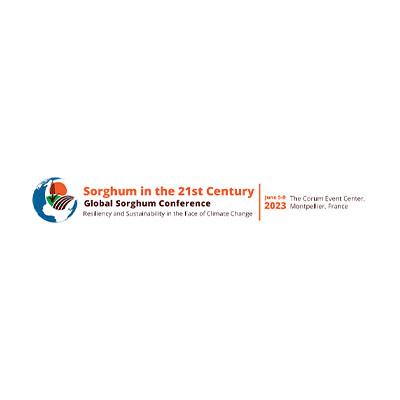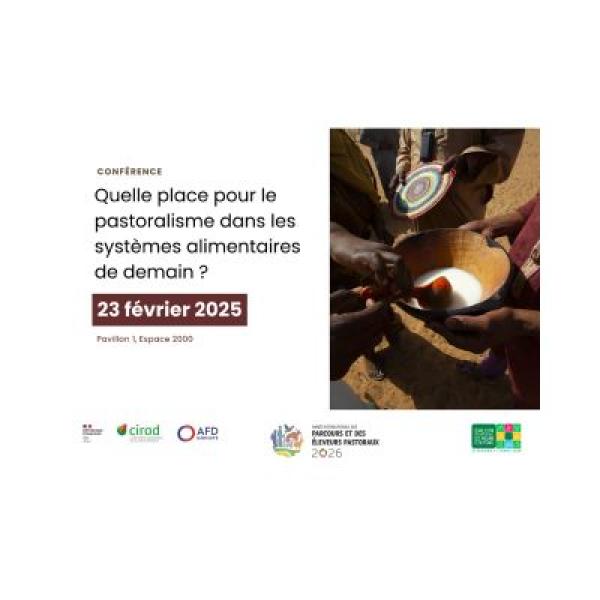Sorghum in the 21st Century: Resiliency and Sustainability in the Face of Climate Change will bring together the international sorghum community to identify key solutions to some of the most urgent issues surrounding agriculture and food security.
The event, organized by CIRAD in partnership with the Feed the Future Innovation Lab for Collaborative Research on Sorghum and Millet, Sorghum ID, IRD and CERAAS, is the second in a series of "Sorghum in the 21st Century" conferences at which the world's leading sorghum producing regions will be gathering.
The conference will facilitate discussions around research, development, market opportunities and sustainability, and the role sorghum needs to play in response to the global impacts of climate change.
Over four days, the conference will pool global expertise on a range of topics including:
- Genetics and genomics;
- Plant breeding;
- Production system management;
- Sustainable farming systems;
- Postharvest solutions;
- Product and market development.
The conference is being held at Montpellier's Corum centre, and is intended for scientists from the private and public sectors, along with specialists from agroindustry and rural development experts from all over the world. The unique role of sorghum as a solution and tool for tackling the global challenges posed by climate change will fuel the discussions and exchanges of knowledge during sessions on the following topics:
- Exploiting the genetic potential of sorghum to tackle climate and environmental challenges;
- Optimizing sorghum production techniques to minimize losses and maximize farmer incomes;
- Defining the role of sorghum in regenerating soil health and making farming systems worldwide more sustainable;
- Strengthening value chains, weed systems and commercial opportunities to build a more resilient, more profitable sorghum industry;
- Exploring new horizons in terms of developing markets and high added-value products.




























